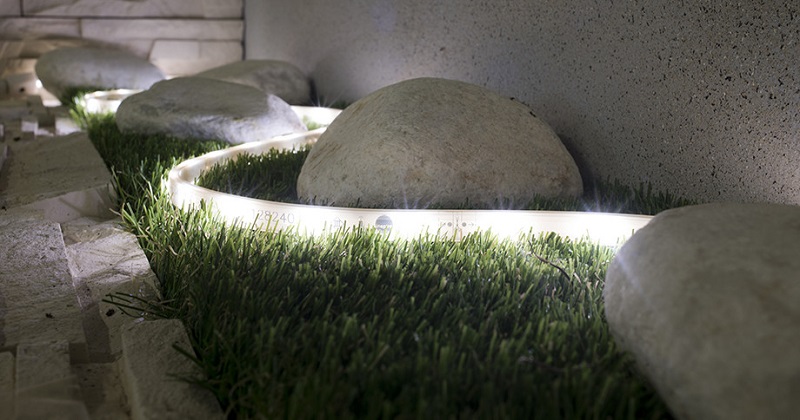Several dos and don’ts to maintaining your septic system can help protect and keep it in good condition. These include avoiding clogged drain lines, moving minimally over the drain field, and avoiding caustic cleaners. Then, there are specific steps that you should take to maintain your septic tank and its effluent pump.
Avoiding clogged drain lines
Clogged drain lines are annoying and can cost hundreds of dollars to fix. Instead, try putting baking soda and vinegar in the drainpipe. Let the mixture sit for an hour or two. After that, flush with hot water. You can call a plumber if you cannot clear it with baking soda and vinegar.
Clogged drain lines can sometimes lead to overgrown biomass surrounding underground leach pipes. This microbial growth controls the rate liquid is absorbed into the soil. If overflowing drain fields are not repaired, it can lead to wastewater backups. A professional in septic tank maintenance Orlando FL can repair or replace the drain field.
Minimizing movement over the drain field
You must minimize movement over the drain field when maintaining your septic system. The less movement you make over the drain field, the your septic system will last longer. Avoid using chemical drain openers or allowing oil or grease to build up in the drain field. Avoid laying hard surfaces over the drain field if you plan to build a new house. If you have a drain field that is not covered, you should plant grass to prevent erosion and remove excess water. Also, avoid letting your drainage system catch excess rainwater. These substances will slow down the treatment process of the sewage.
You must avoid using too much detergent or soap when maintaining your septic system. These substances can plug up the soil pores and cause your system to fail. In addition, liquid detergents do not contain clogging fillers, while powdered detergents do. Clogging fillers block the drainage holes in the soil, so they cannot be removed. Grease also causes clogging of the drain field, preventing the septic system from absorbing water and other liquids. This condition may lead to the necessity of replacing the drain field.
Avoiding caustic cleaners
Caustic cleansers might damage your septic system. They destroy the beneficial microorganisms in your tank. They can also cause costly harm to the soil by leaching heavy metals. If you’ve ever been to a “meth lab,” you know that these contaminants can make their way into your septic system. Gross (1987) recommends against using caustic soda or lye in septic tanks. Unfortunately, many drain cleaners and cleaning agents contain these chemicals.
While cleaning drains and toilets are a vital household task, it’s important to remember that drain cleaners can disrupt the septic tank’s bacteria. This can cause clogs and backups, which can require expensive repairs. Instead, use baking soda or a drain snake to unclog clogged pipes. If you have to use drain cleaners, make sure that you avoid caustic cleaners, especially those with ammonia.
Inspecting a septic tank yearly
It is essential to have a septic tank inspection performed on your system yearly. A trained expert will check for leaks, cracks, scum levels, and other potential problems. Inspecting the tank may also include checking the drop box, distribution box, and pump. An inspection can prevent costly system emergencies. However, it is best to hire an experienced repairman to do the job.
Septic tanks must be pumped regularly, allowing the liquid to flow freely. If not, solids can spill into the disposal field and clog the pipes. Inspecting a septic tank yearly is essential to prevent any problems and increase your property’s value. Checking a septic tank is also necessary if you sell your home. Prospective buyers should always insist on an inspection. Septic tanks are underground and may not be visible to everyone, but they perform essential functions. Hence, when it comes to pumping and inspecting, the location of a septic system can pose a problem.
Preventing septic tank problems
When maintaining your septic system, preventative care is crucial. Preventing problems can begin by not flushing anything down the toilet, including cat litter, food refuse, and coffee grounds. If possible, limit the use of your garbage disposal, and avoid parking or digging on your drain field. Similarly, avoid flushing things that can clog your drain fields, such as coffee grounds, cooking oils, and fruit and vegetable waste.
Another way to prevent problems in your septic system is to use less water in your sink. Use less water during hand and dishwashing, and minimize your showers and sink usage. When lathering or scrubbing, do not leave the water running. Instead, turn on the faucet when you’re rinsing and doing the dishes or when you’re ready. This reduces the possibility of over-rinsing your sinks.




